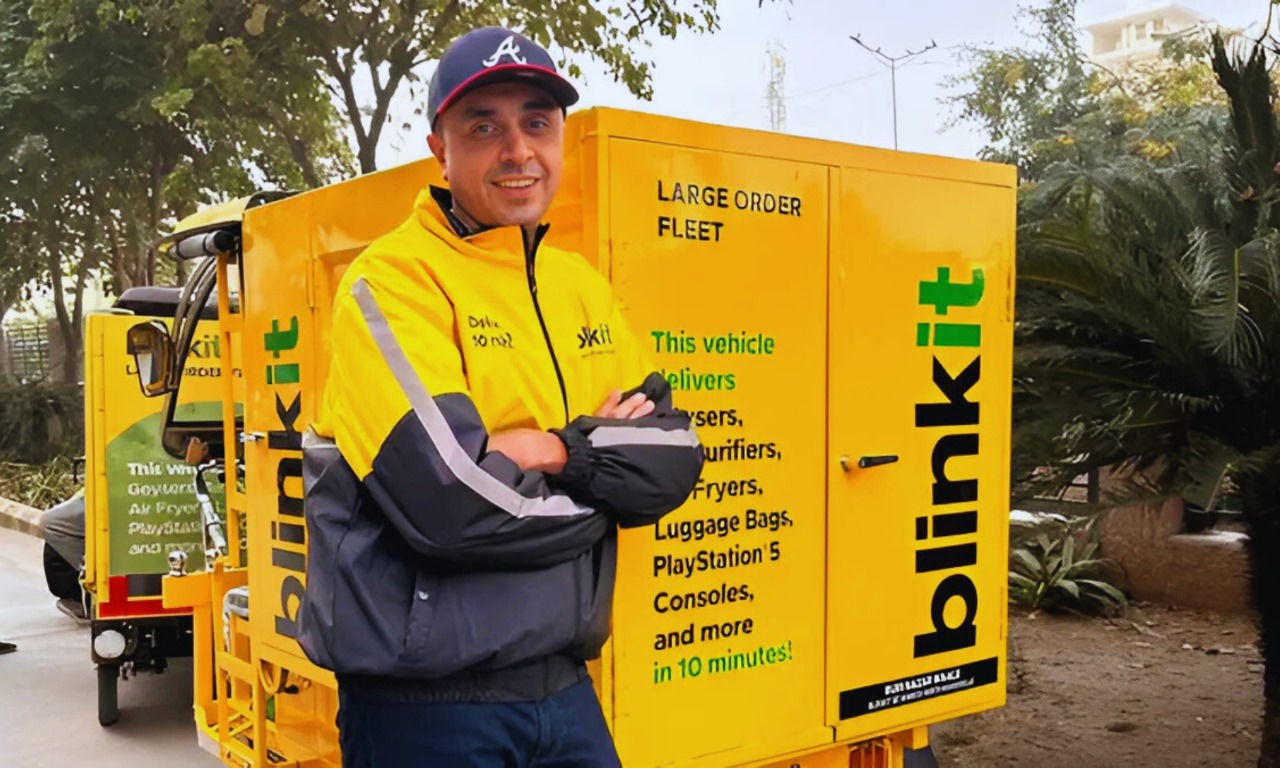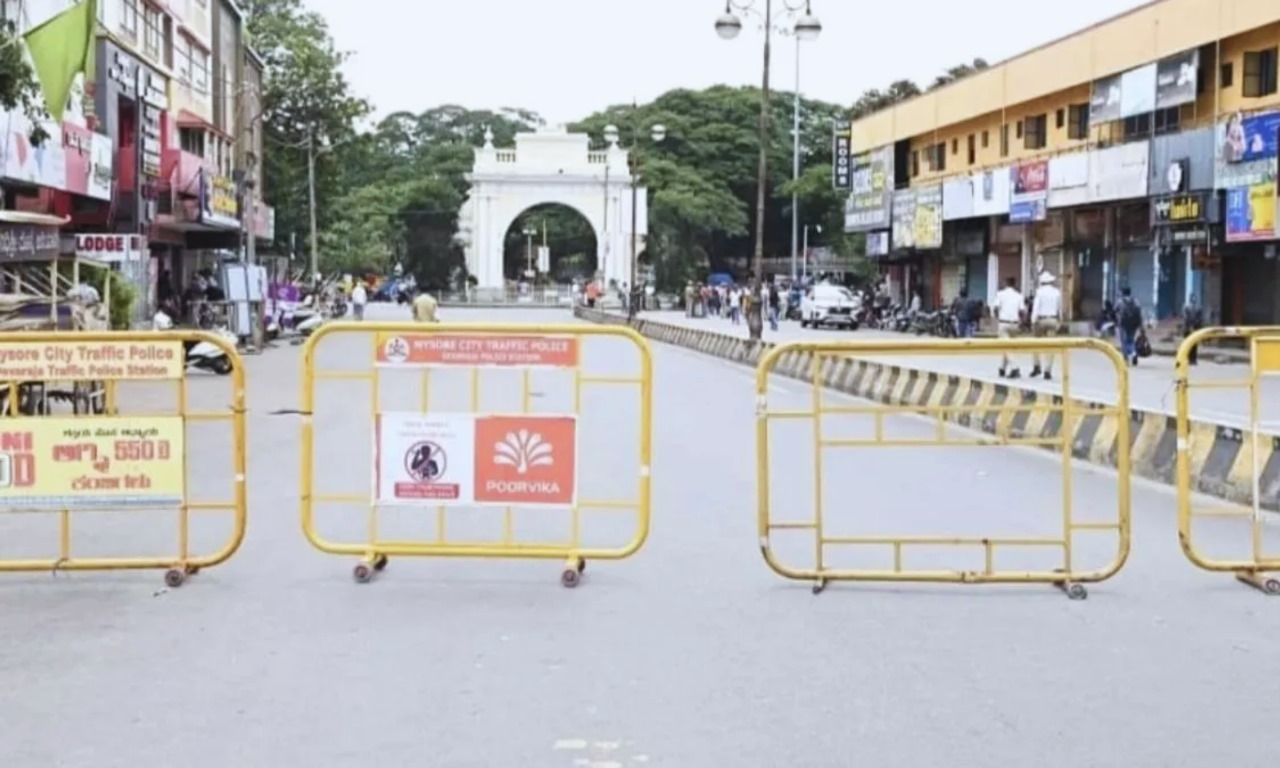New Year’s Rush: Blinkit CEO’s Revelation Sparks Wage Debate with Comedian

Blinkit CEO Albinder Dhindsa shared insights on New Year’s Eve about the company’s record-breaking performance.
In a post on X, he revealed that Zomato-backed Blinkit experienced its highest orders per minute (OPM), orders per hour (OPH), and total daily tips for delivery partners.
Among the items ordered were 1,22,356 packs of condoms, 45,531 bottles of mineral water, 22,322 Partysmart capsules, and 2,434 Eno packs. Dhindsa’s post, highlighting Blinkit’s efficiency and popularity, quickly went viral.
Kunal Kamra’s Criticism
While Dhindsa celebrated Blinkit’s achievements, comedian Kunal Kamra took the opportunity to criticize the platform’s treatment of its delivery workers.
Kamra questioned the wages paid to Blinkit’s gig workers in 2024 and accused quick commerce companies of exploiting their workforce under the guise of flexibility.
In a pointed response, Kamra wrote, “Platform owners exploit gig workers & they aren’t job creators. They are landlords without owning any land.”
Kamra also emphasized the lack of creativity and innovation among quick commerce platforms, accusing them of merely leveraging data without offering meaningful benefits to their workers.
“They don’t have a bone of creativity or innovation. All they do is exploit people by offering them freedom they can’t afford while giving them wages that can’t meet their aspirations,” he said.
The Debate Over Gig Economy Practices
Kamra’s remarks sparked a heated debate about the ethics of the gig economy. He demanded transparency from Dhindsa, asking for data on the average wages paid to Blinkit’s delivery partners in 2024.
Critics of quick commerce platforms argue that by designating workers as “partners” instead of employees, companies avoid providing fair salaries, medical insurance, and other benefits.
According to Blinkit’s website, delivery partners can earn up to Rs 50,000 per month, with weekly payments, flexible hours, and benefits such as up to Rs 10 lakh in insurance coverage.
Additionally, new partners are eligible for a joining bonus of up to Rs 4,000. Despite these offerings, critics like Kamra argue that gig workers’ earnings often fall below minimum wage after accounting for expenses.
Public Reactions
Kamra’s critique resonated with many X users. One user wrote, “Blinkit, Zepto, Zomato, Swiggy. All of them. Zero creativity—only exploitation. The delivery workers are stretched to a great extent for compensation that is not justified at all. 10 mins delivery isn’t a landmark thing. It’s sheer exploitation of humanity to satisfy the ego & whims of the buyer.”
Another added, “Studies show that over 50% of gig workers report earning below minimum wage after accounting for expenses, while platforms continue to rake in billions in valuation.”
The Growing Popularity of Quick Commerce
Quick commerce platforms like Blinkit, Swiggy Instamart, and Zepto have experienced significant growth in India, serving major cities with ultra-fast delivery of groceries and household items.
While customers enjoy the convenience of these services, the business model’s impact on gig workers remains a contentious issue.
The Need for Regulation
Kamra’s critique also highlighted the absence of regulatory frameworks to protect gig workers. “They are thugs that are using data as oil without paying for the oil fields. Someday there will be regulation that humbles them,” he predicted.
The debate underscores the growing demand for stricter policies to ensure fair treatment and compensation for gig workers.
Blinkit’s record-breaking New Year’s Eve orders have shed light on both the potential and pitfalls of quick commerce platforms.
While the convenience and efficiency of these services are undeniable, the concerns raised about gig worker exploitation and inadequate wages cannot be ignored.
As the gig economy continues to expand, the call for greater accountability and regulation grows louder, highlighting the need for a more balanced approach that benefits both customers and workers alike.









